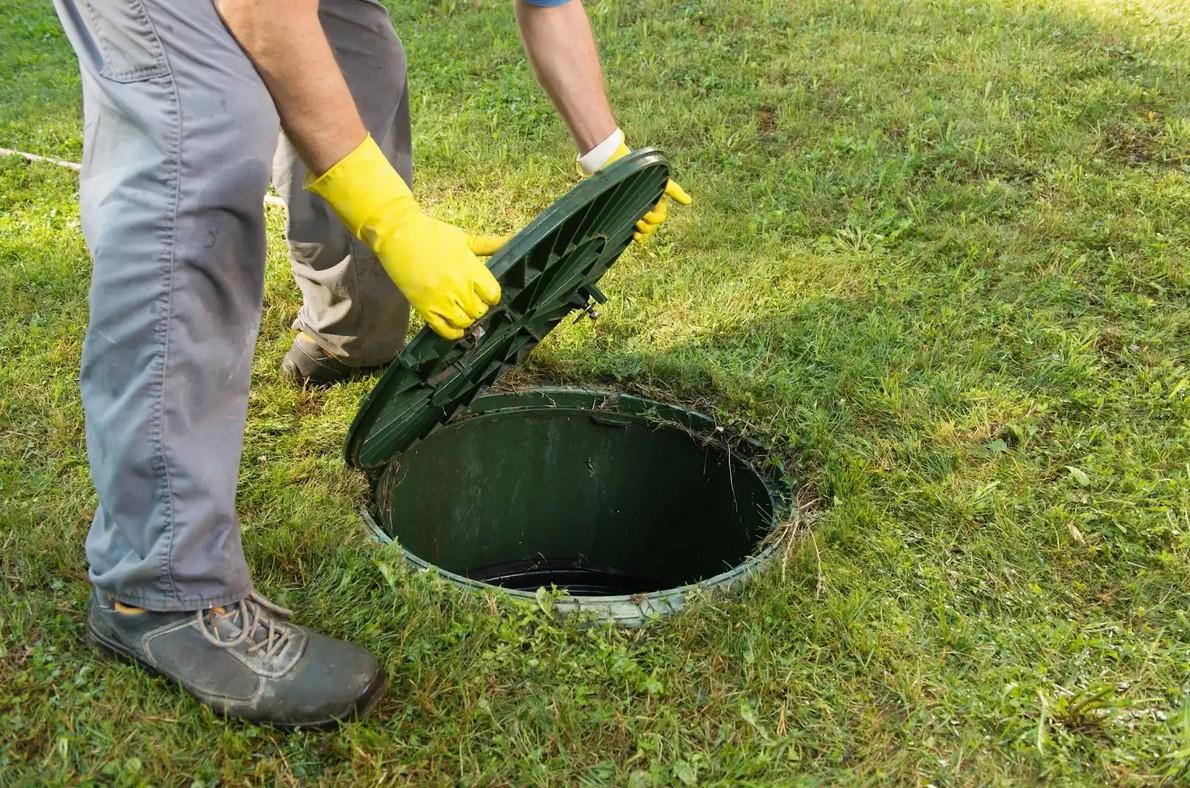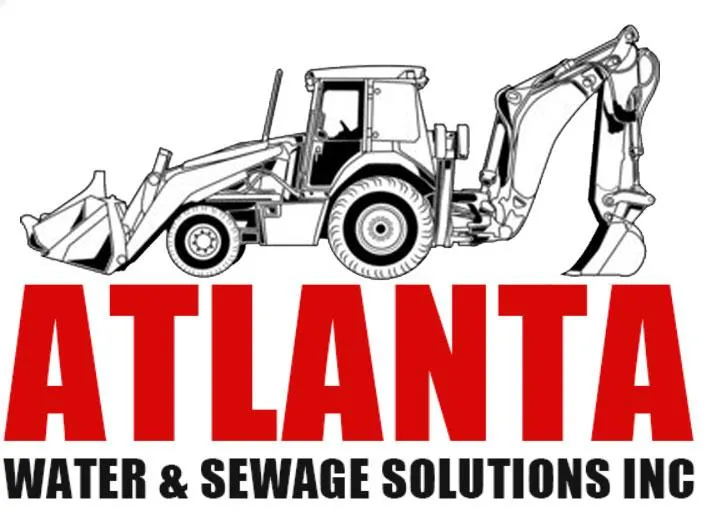
Why Skipping a Septic Inspection near Clarke County, Atlanta Can Cost You Thousands
Let’s be honest: nobody wakes up excited to schedule a septic inspection. Most homeowners in Clarke County and the greater Atlanta area would rather put it off, telling themselves, “It’s probably fine.” But ignoring your septic system is a little like ignoring a toothache — it feels cheaper in the short run, but the hidden damage keeps spreading.
When septic problems stay hidden underground, they don’t just go away. They get worse. By the time you notice a soggy yard, foul smells, or backups in the home, the problem is no longer small — and neither is the repair bill.

How Septic Inspections Protect Atlanta Homeowners from Costly Repairs
A septic inspection is not just about following rules; it’s about protecting your home and your wallet. In our work across Fulton, Greene, Forsyth, Gwinnett, Walton, Hall, Clarke, and Barrow Counties, we’ve seen homeowners spend thousands — even tens of thousands — because they skipped a simple inspection.
Inspections catch small issues early:
A cracked baffle before it collapses.
Roots sneaking into pipes before they clog the line.
Slow drainage before it becomes a full backup.
Spending a few hundred dollars now saves homeowners from five-figure repairs later. It’s prevention at its smartest.
Common Problems Found During a Septic Inspection (and What They Mean for You)
When we inspect systems, we often uncover problems that homeowners had no idea existed. Some of the most common include:
Leaks in the tank – Wastewater escaping into the soil can contaminate groundwater and cause sinkholes.
Drain field failures – If water isn’t filtering properly, your yard becomes a swamp.
Blocked pipes – Grease, wipes, and roots can slowly choke the system.
Structural damage – Old concrete tanks may crack, while plastic tanks can shift if not installed right.
Each of these issues starts small. Catching them early during an inspection means repairs are manageable and affordable. Waiting too long means total system replacement may be your only option.
Septic Inspection Costs vs. Major Repair Bills: The Real Price Difference
We get it — cost is one of the first questions homeowners ask. Here’s the simple truth:
Average septic inspection cost: a few hundred dollars.
Average septic tank pumping: $300–$600.
Repairing a broken drain field: $5,000–$15,000.
Full system replacement: $10,000–$30,000 (sometimes more).
In other words, one skipped inspection can snowball into a bill that rivals the price of a used car. When you look at it this way, inspections aren’t an expense — they’re an investment.
Septic Inspection vs. Septic Pumping: What’s the Difference?
Many Atlanta homeowners confuse inspections with pumping. Here’s the breakdown:
Pumping: Removes waste from the tank so it can function properly.
Inspection: Examines the entire system — tank, pipes, and drain field — for issues that pumping won’t fix.
Think of it like your car: oil changes keep it running, but inspections at the shop tell you if your brakes are about to fail. Both matter, but they aren’t the same.
When Should You Schedule a Septic Inspection near Clarke County?
Timing matters. We recommend inspections in these situations:
Buying or selling a home – You don’t want to inherit someone else’s $15,000 septic problem.
Every 3–5 years – Even if everything seems fine, inspections prevent surprises.
After heavy use – Big family gatherings, home additions, or rental properties stress the system.
If you notice warning signs – Slow drains, odors, or standing water are your system’s cry for help.
Homeowners in Clarke County who stick to this schedule rarely face catastrophic septic emergencies.
Signs You May Already Need a Septic Inspection in Your Atlanta Home
You might not realize it, but your home could already be signaling trouble. Watch for these warning signs:
Toilets that gurgle or flush slowly.
Water pooling in the yard, even when it hasn’t rained.
Bad smells coming from drains or the yard.
Patches of extra green grass over your drain field.
These aren’t just annoyances — they’re early alarms. An inspection now can confirm the issue before it becomes a nightmare.
The Best Septic Inspection Methods: Camera vs. Traditional Inspections
Not all inspections are equal. In Clarke County and surrounding areas, we often use two methods:
Traditional inspection – Opening access points, checking water flow, looking for backups or leaks.
Camera inspection – Feeding a waterproof camera through the pipes to see cracks, roots, or clogs in real time.
Camera inspections can catch problems invisible to the eye, making them especially valuable for older homes or properties with repeated issues.
What Local Reviews Say about Septic Inspections near Clarke County
Homeowners across Fulton, Gwinnett, and Clarke County often tell us the same thing: “I wish I’d done this sooner.” Reviews highlight the peace of mind inspections bring.
Families selling their home share relief that the inspection cleared the system.
Buyers tell us they avoided huge surprises because of a thorough report.
Long-time homeowners feel secure knowing their system is healthy.
In an age when everything online gets reviewed, the pattern is clear: people who invest in inspections rarely regret it.
Choosing the Right Septic Inspection Service in Fulton, Greene, Forsyth, Gwinnett, Walton, Hall, Clarke, and Barrow Counties
Not all septic companies are the same. Choosing wisely matters. Here’s what to look for:
Local experience – Clarke County soils and Atlanta clay are unique. Choose a company that knows the area.
Tools & technology – Modern camera inspections reveal what guesswork misses.
Clear reports – A good company explains problems in plain language, not confusing jargon.
Reputation – Look for reviews from real local homeowners.
At Atlanta Water & Sewage Solutions, Inc., we’ve built our reputation around customizing services to fit each client’s unique needs. We aren’t the biggest firm, but we treat every home like it’s our own.
Final Thoughts: Why a Simple Inspection Today Saves Thousands Tomorrow
Here’s the bottom line: skipping a septic inspection is one of the costliest shortcuts a homeowner can take. For the price of a weekend getaway, you can protect your home, your yard, and your bank account from disasters that run into the tens of thousands.
In Clarke County, and across the Atlanta area, too many families learn this lesson the hard way. Our goal is to make sure you don’t. A septic inspection isn’t just a box to check — it’s the smartest insurance policy you’ll ever buy for your home.

